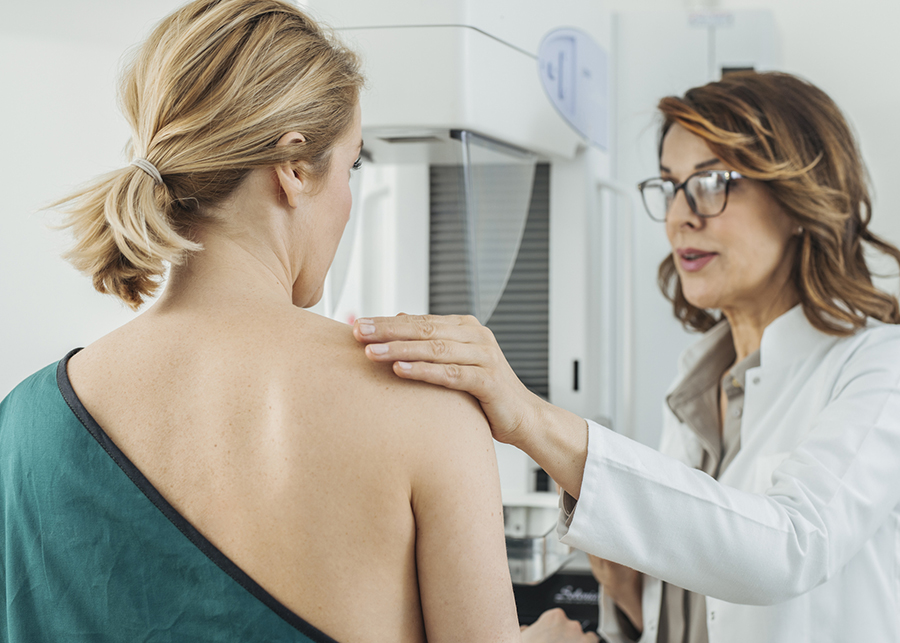By Alicia Wanek
Women have very specific healthcare needs, and sometimes it’s difficult to sift through all the information to know what steps to take and when.
Dr. Katrina Walsh, M.D., has been practicing for 27 years, and she helps us break down what women need to do and what to watch for at every stage of life. “The #1 thing I want to stress is a healthy diet and fitness,” she says. “As a mom (of three grown daughters), I wish I had done a little better with that – and I’m a doctor!” Ultimately, eating right and exercising are important at every age and will do the most to keep you on the right track for a long and healthy life.
For the iGen’ers: Dr. Walsh recommends young women begin monthly breast self-exams by age 18. Look online to make sure you’re doing them correctly. This is also the time to consider a baseline gynecological exam.
For the Milennials: Continue breast self-exams, and a baseline mammogram should be performed by age 35. Dr. Walsh has had a patient diagnosed with breast cancer as early as age 25, and she reminds young women to “be safe, not sorry.” Women ages 21-35 should also begin having bloodwork done every 2-3 years, depending on their health, to identify any concerns.
For the Gen X’ers: By age 40, women should have a mammogram annually. “The U.S. has the highest incidence of pre-menopausal breast cancer of industrial nations,” Dr. Walsh shares, so this is especially important. This is also the time to begin having annual dermatological skin checks to look for any signs of skin cancer.
For the Baby Boomers and the Silent Generation: Dr. Walsh suggests that by age 50 women should begin monitoring their bone density and have a colonoscopy. “Colon cancer is the 4th leading cause of death for women after 50,” she says. Women are at higher risk of heart attack and stroke at this time as well. Dr. Walsh reminds us that diet and genes can greatly affect cholesterol levels and increase the likelihood of stroke. Since metabolism drops 30-33% with menopause, women need to be even more careful with their diet. Your doctor can also discuss with you how to address problems associated with menopause and other risks that come with aging.


